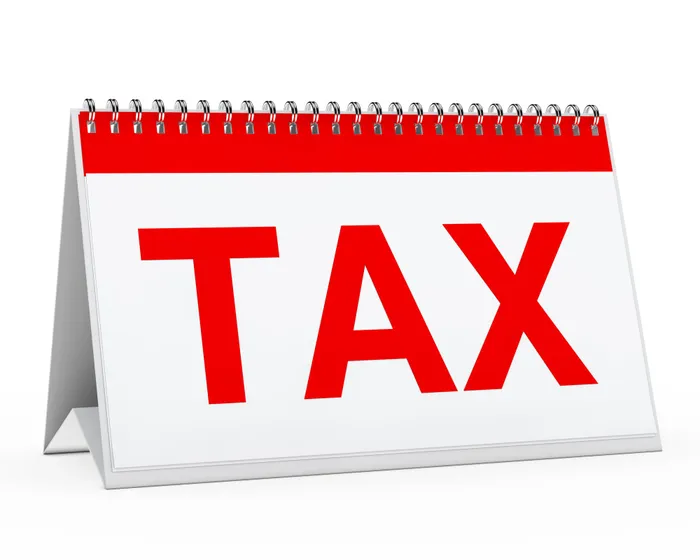Don’t forget the tax costs when you are buying property

When buying property for residential or business purposes, you need to factor in the tax costs. Picture: Freepik
People buying property to live in or for business purposes need to know that they will be paying for taxes at different stages of ownership.
Renier Kriek, managing director at Sentinel Homes said: “Owners - especially first-time buyers - need to be aware of their tax obligations and plan their property investments accordingly.”
However, tax is often overlooked.
Kriek shares an overview of what you need to know homeownership and taxes.
When you buy
When you buy a property, you will either pay VAT or transfer duty, but never both, according to Kriek.
VAT is charged when a VAT-registered business sells a property, generally as a new residential development while transfer duty is levied when buying an existing residential property from the owner.
It is important to note that transfer duty cannot usually be financed through a home loan, so you will have to come up with the money yourself.
“With a new property, VAT is included in the purchase price, so it is already covered by your loan. For first-time buyers, a new property can be much easier on their pockets,” Kriek said.
For as long as you own
Once people take ownership of a property, they will immediately start paying municipal taxes.
Kriek said that municipal taxes are used to fund city services, infrastructure and salaries.
“When planning to buy, you should consider how this tax will impact your monthly cash flow,” Kriek said.
“The municipal tax is in addition to consumption charges for water and electricity and expenses like levies payable to the body corporate or homeowners’ association.”
When you sell
If you sell your property, you’ll pay capital gains tax (CGT), which is when things get a bit complicated.
Kriek said that CGT is calculated on the difference between what a person paid for a property and what they are selling the property for.
People are taxed on 40% of this profit at their marginal tax rate when it comes time to declare their annual income to Sars.
However, if this is your primary residence that is your home, the first R2 million of your profit is tax free.
There are a few catches, though.
Kriek said: “For example, perhaps you initially rented out the property but then moved in to live there permanently before selling it.
“In that case, the R2 million allowance must be divided proportionately between the period you rented it out and the period you lived there. And you won’t be able to claim that first portion as tax free.”
Another instance is when people claim a deduction for a part of the house that is used for business, like a home office. People will have to subtract this part from the allowance.
Trusts and companies will pay tax on 80% of their capital gains and don’t benefit from a primary residence allowance.
Secondary properties, such as a holiday home, also don’t benefit, even if you do reside there occasionally.
When you pass
According to Kriek, when people die, they will have to pay an estate duty on the value of their estate above R3.5 million which will be rendered unto Sars by their estate administrator.
Any property disposed of at this time will attract CGT, and the same exclusion allowance is applied to their primary residence.
If the estate cannot cover the debt or tax obligations, the property may be sold to raise the necessary cash.
Kriek said that there are several methods to help people protect their property against such a loss:
– Take out extra life insurance to cover the tax liability.
– Sell the property to an estate planning vehicle, such as a trust or a company in order to cap the eventual tax liability.
“Although you’ll pay CGT on the profit from that sale, any future property value increases will be on the balance sheet of the entity, not your own, thereby escaping an otherwise increasing estate tax liability.
“And since trusts and companies don’t die, you can avoid CGT in perpetuity when you do - to the advantage of your beneficiaries, of course,” Kriek said.
When you earn income
According to Kriek, if people earn an income from any other source other than employment, they must pay provisional tax. This can include income from renting out your property.
Provisional tax requires that people estimate their non-employment earnings for the year and pay tax on half of those earnings at the end of August, with the balance due at the end of February in that tax year.
When you declare your total annual income, any provisional tax paid during the year is deducted from your assessed tax.
“Just estimating what you’ll earn in the coming year can be stressful and calls for the services of a professional tax advisor or accountant,” Kriek said.
Starting out right
Kriek said that it is essential to carefully plan property purchases around financing and tax.
“Especially for high value property investments, such as total property values exceeding R2 million, you definitely need to engage the services of estate management and tax planning professionals,” said Kriek.
IOL Business